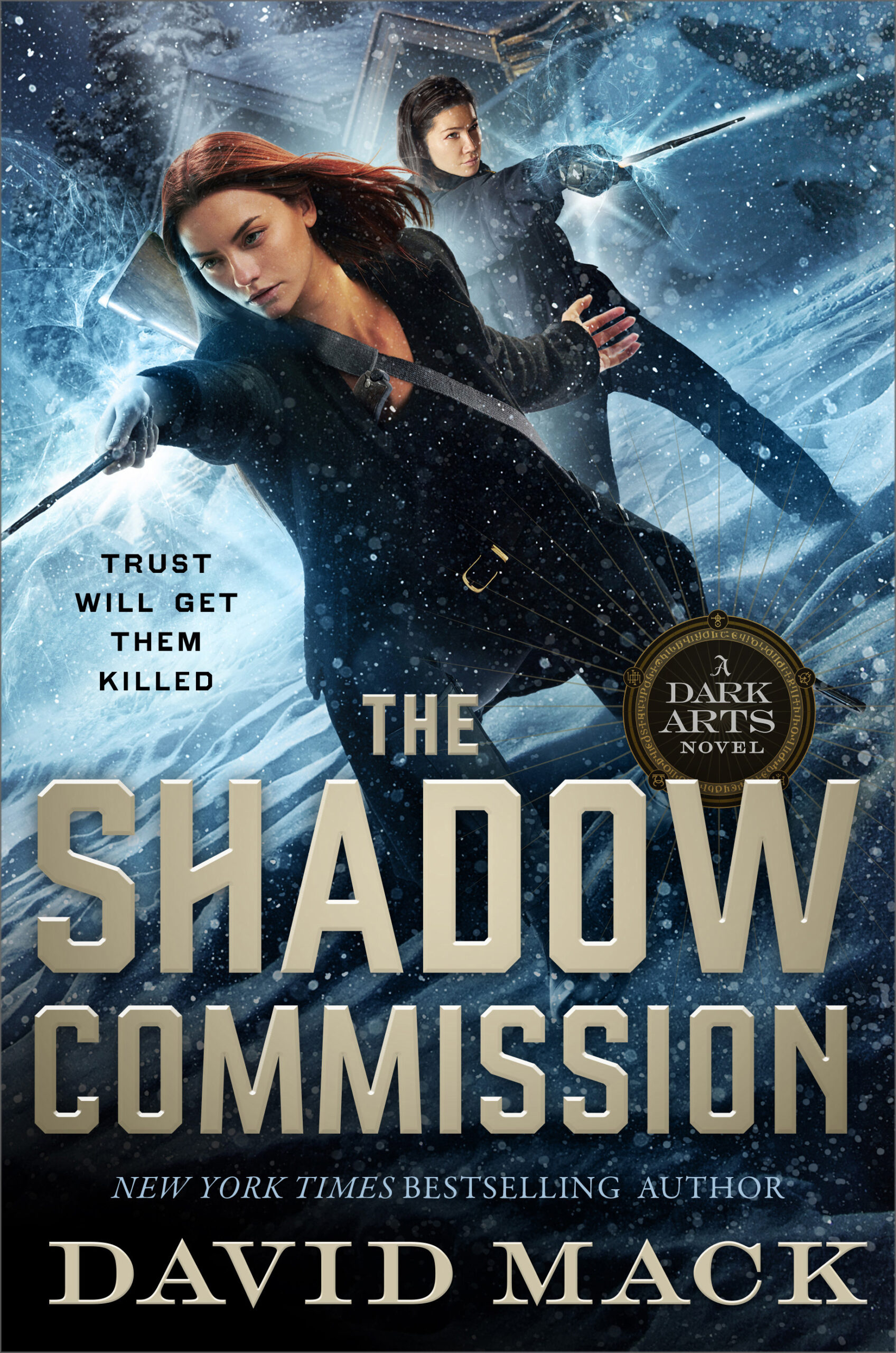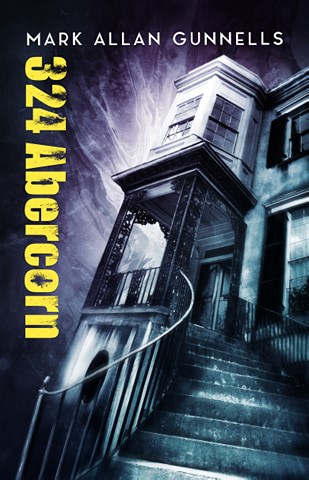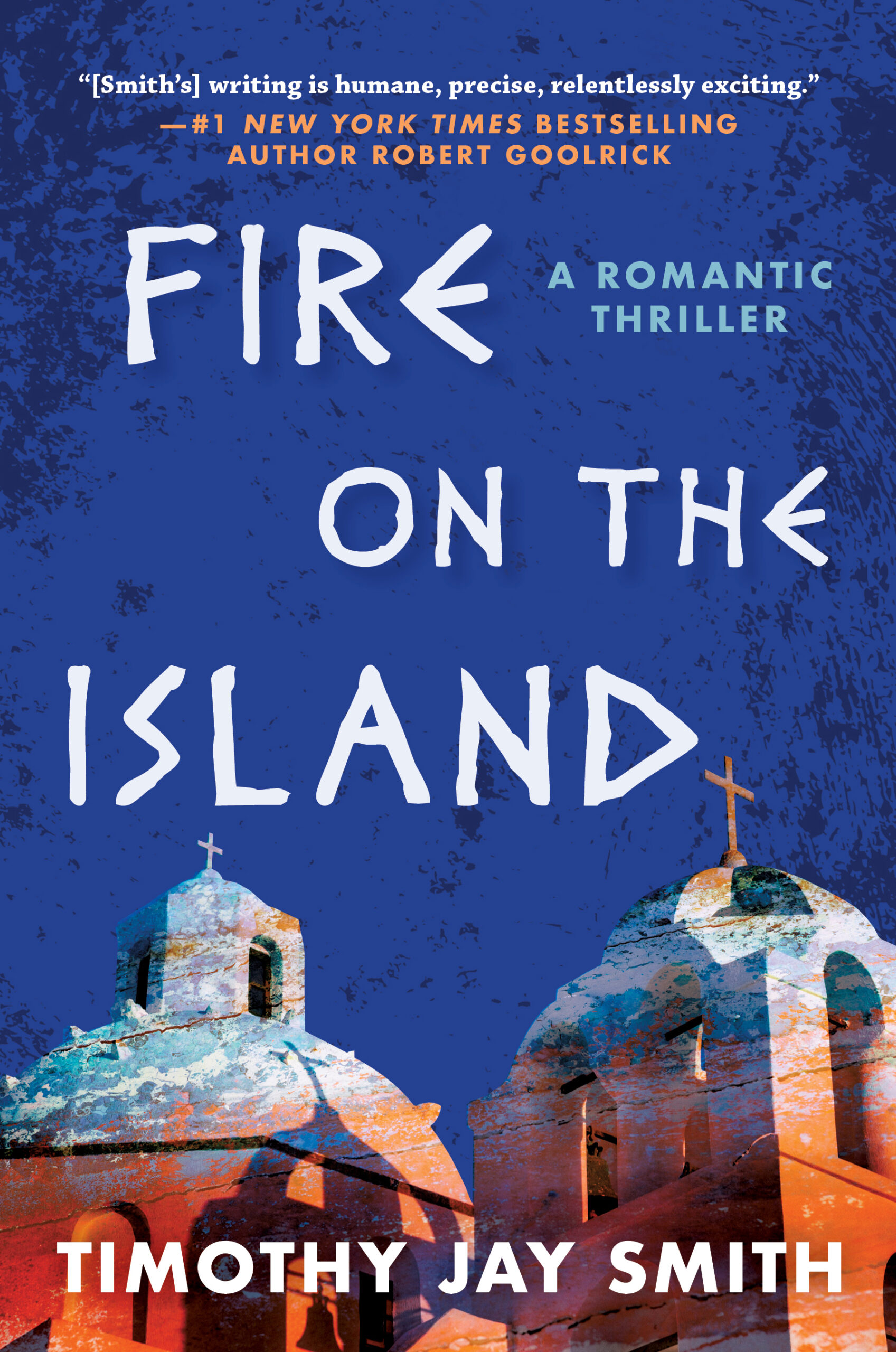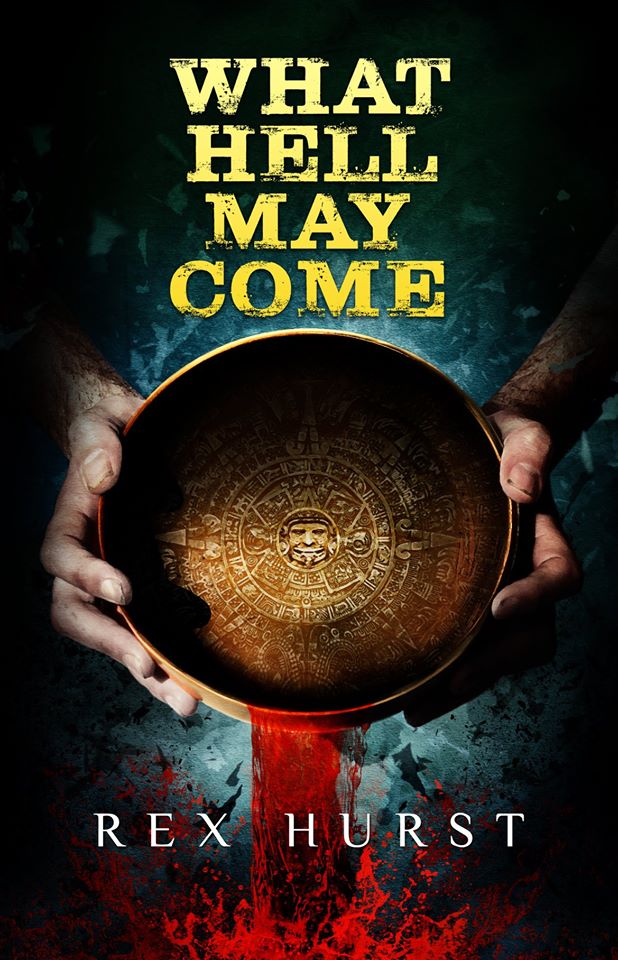This week on The Scariest Part, I’m delighted to host my good friend David Mack, whose latest novel is The Shadow Commission, the third volume in the Dark Arts series. Here is the publisher’s description:
TRUST WILL GET THEM KILLED.
November 1963. Cade Martin and Anja Kernova have lived in hiding for a decade, training new mages. In the United States, Briet Segfrunsdóttir runs America’s top-secret Occult Defense Program from the Silo beneath the Pentagon.
Then the assassination of President Kennedy plunges all their lives into chaos. Briet, whose job was to defend Kennedy, is blamed for his death. Meanwhile, mages all over the world are brutally murdered—with Cade, Anja, and their closest allies being the prime targets.
Outgunned, on the run, and not knowing who to trust, Cade and Anja have just one hope to save themselves and their last few apprentices: they must find a way to fight the sinister cabal known only as The Shadow Commission.
And now, let’s hear what the scariest part was for David Mack:
The Shadow Commission is a dark story, a tale of conspiracy and murder, of greed and lust for power. As its many horrors unfold, my characters find themselves and the people they love in the crosshairs of a sinister cabal that will stop at nothing to achieve a monopoly on magickal power.
All of my heroes suffer terrible losses in this story, but one of the cruelest befalls Briet Segfrunsdóttir, who after World War II was recruited through Operation: Paperclip to head up the U.S. Occult Defense Program.
When shadowy powers turn against Briet in The Shadow Commission, she realizes too late that her lovers, Alton Bloch and Hyun Park, with whom she shares a townhouse in the Washington, D.C., neighborhood of Georgetown, might be targeted because of her. She returns home in a desperate effort to ferry them to safety, only to unwittingly lead a monstrous assassin into their home, setting in motion the very tragedy she had hoped to avert:
The fire on the curtains spread to the furniture and raced across the living room.
Lying on her back, Briet gasped for air and prayed her lovers had fled.
Please tell me you ran. Let this be the one time you listened—
She heard the ker-clack of the shotgun’s pump action being primed. Alton had done the noble thing. The courageous thing. The stupid thing.
The monster pivoted to face Alton—who fired point-blank into its face.
The blast scattered the intruder’s fedora like ashen confetti, revealing its huge, hairless head.
Then it backhanded Alton with terrifying speed and power. A single blow caved in Alton’s skull and knocked his limp body out of the living room, back to the foyer.
No! Hot tears stung Briet’s eyes, but she had no breath for a scream. She stared at Alton’s lifeless form and prayed for the impossible. Please get up! Goddammit, Alton, please. Get up!
His body remained motionless. The monster turned back toward Briet. She fought to draw one good breath but failed. Her head swam as she struggled to get up to face the creature—
And then Hyun’s wails of terror became growls of fury.
Oh, no. No, my love—please run. . . .
Hyun grabbed the coatrack with both hands. With a fierce twist she broke its pole free of its base. Gripping it like a spear, she spun toward the goliath.
The monster reached toward the desperately gasping Briet, who saw its inhuman face for the first time: a viselike closed slit for a mouth, barely a hint of a nasal cavity, deep sockets filled with fire instead of eyes—and, across its broad blocky forehead, Hebrew characters scribed in Kabbalistic pact ink:
A golem!
Hyun let out a battle cry, charged, and tried to skewer the golem.
Her improvised spear deflected off the golem’s stony hide.
The creature turned and seized the weapon. Tore it from Hyun’s hands.
Hyun froze just as Alton had, staring up at the soulless killing machine.
With one thrust the golem impaled Hyun and staked her to the floor.
Even though the novel (and the series) is packed with demon-driven magic, the reason this scene terrified me to write is because Briet having to witness the murders of the only two people she loves in the world, and to realize that they’ve died because of her mistake, speaks to what feels to me like the most primal of human fears: having to face the loss of those who make our lives worth living, and having to go on alone bearing that pain for the rest of our lives.
The Shadow Commission: Amazon / Barnes & Noble / Powell’s / Bookshop
David Mack: Website / Facebook / Twitter
David Mack is the award-winning and New York Times bestselling author of three dozen novels of science fiction, fantasy, and adventure. His new novel The Shadow Commission is available now from Tor Books, and his new Star Trek novel More Beautiful Than Death is out now from Gallery Books. Mack currently works as a creative consultant for two animated Star Trek television series.






